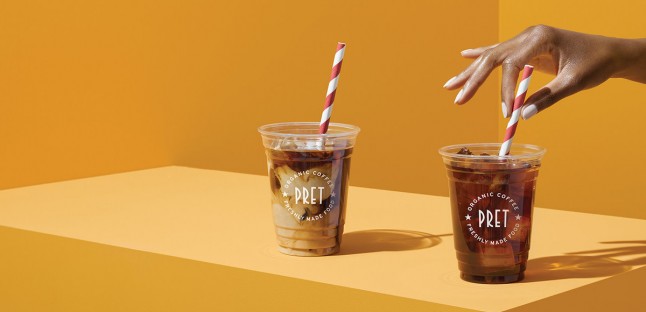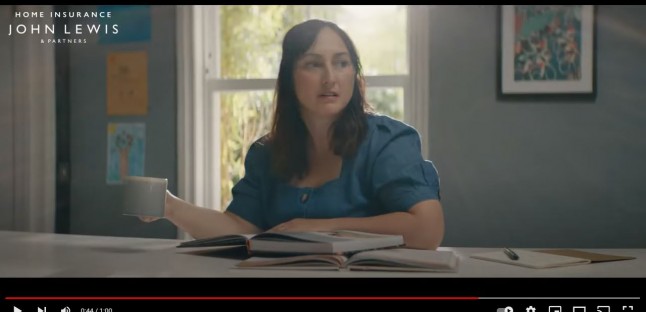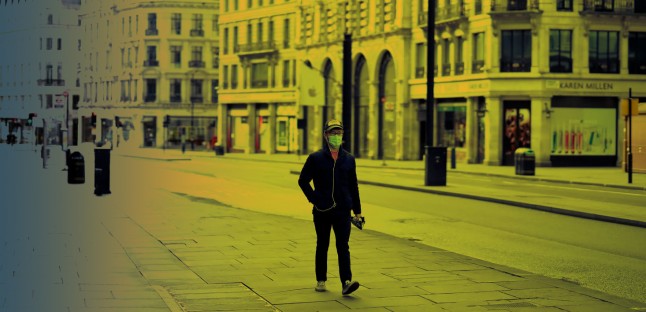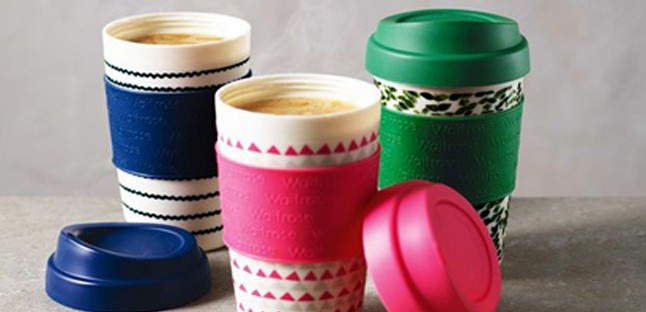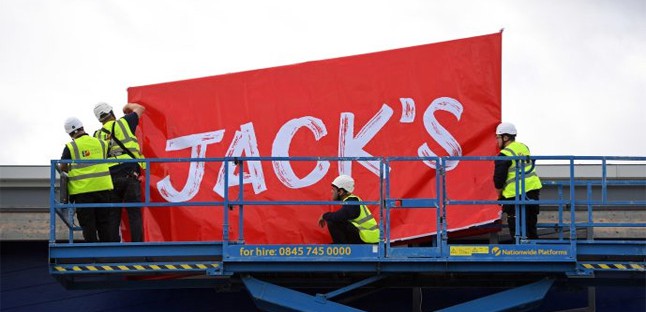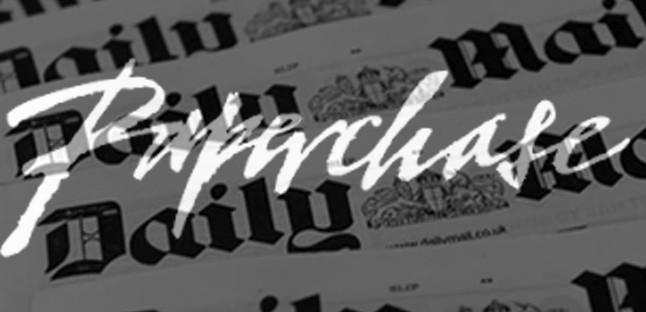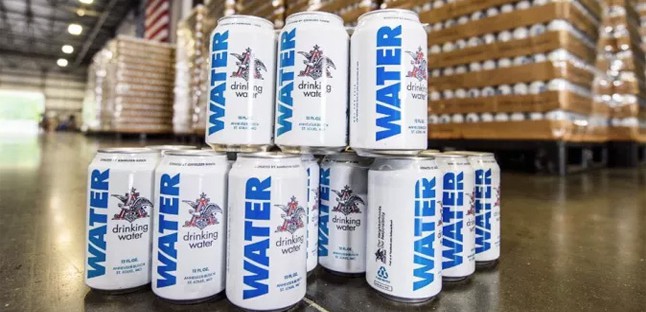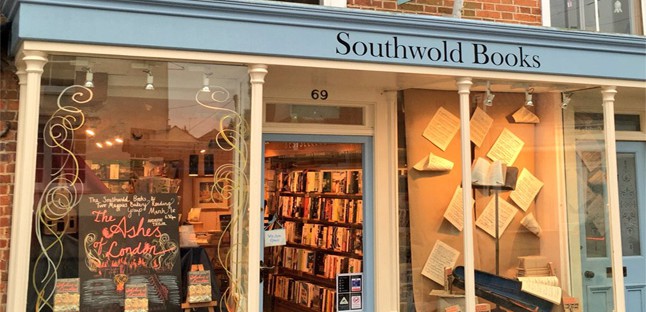Back to all posts
Latest posts
A masterclass in creating value
What’s going on at parkrun?
Virtue-signalling all the way to the bank
Bud Light: brand purpose or virtue-signalling?
The Coddling of the American Mind, by Greg Lukianoff and Jonathan Haidt
Belonging, by Owen Eastwood
Such a simple thing
The Long Win, and The Scout Mindset
The Cult of We by Eliot Brown and Maureen Farrell
Coffee and covid modelling
By theme
Marketing strategy
Insight & metrics
Innovation & inspiration
Brand & positioning
Marketing communications
Business purpose
Leadership
By industry sector
Financial services
Retail
FMCG
Technology & start-ups
Consumer services
Business to business
Other sectors
By type
Books
Comment
Quotes
Thought leadership
External changes force people to change their habits, presenting both risk and opportunity. Pret A Manger’s monthly coffee subscription was launched in autumn 2020, aimed at restoring footfall post-pandemic. It doesn’t cost much to give hot drinks away; the price is mostly margin. Since the average customer buys five coffees a week, £20 a month for all the drinks you want is great value, and should drive loyalty, re-establishing the coffee habit as a Pret habit. Read More
What went wrong with the new John Lewis home insurance advertisement, withdrawn after three weeks on air following a public outcry? Did the team think they were showing a progressive form of parenting, in which boys can play at being girls or be camp or be anything they like? Brand purpose is a useful concept but this is what it looks like when brands think they are a force for social change, Read More
How much of the change that’s been forced on us by the pandemic will stick? What can businesses learn from it? The best way to answer that is to understand what makes people change their habits. Knowing that, businesses can enact change for mutual benefit without waiting for a crisis.
The BBC reported the case of a fish and chip shop which had offered a click and collect service for years to get people to pre-order, Read More
Even great brands make mistakes. A few years ago Waitrose installed hot drink dispensers in their stores. Anyone with a myWaitrose loyalty card could help themselves. Money-saving websites flagged the offer on their freebies lists. MyWaitrose membership grew from 4m in early 2014 to 6.5 million three years later. But not everyone was pleased. Aside from concerns about careless trolley-drivers with a hot drink in one hand and their phone in the other, regulars were troubled by the queues of “irregulars” Read More
Tesco’s launch of Jack’s last week is a long way from the old Tesco mantra, which went something like: if in doubt err on the side of the customer. Tesco could claim it is to meet a consumer need, a grocery store with a much tighter range and consequently lower prices. But this doesn’t stack up, because Tesco’s buying power is much greater than Jack’s could have alone, so it could operate those stores without calling them something different. Read More
Paperchase is in the news for the wrong reasons. They ran a free gift-wrap promo with the Daily Mail last weekend. It’s news because it triggered a campaign against them on Twitter. This in turn prompted them to tweet, “We now know we were wrong to do this – we’re truly sorry and we won’t ever do it again. Thanks for telling us what you really think, and we apologise if we have let you down on this one. Read More
The hurricanes that hit the Caribbean and southern US states in recent weeks created an opportunity, uncomfortable though it is to say so. But businesses that grab the short term revenue opportunities risk long term damage. By contrast, those that put people and their needs ahead of a fast buck can earn approval and support that lasts for years.
A natural disaster presents an obvious business opportunity. Urgency and scarcity remove price sensitivity. Read More
The latest #fakenews is that Waterstones have opened “unbranded bookshops”. Despite what many trustworthy sources are reporting, Waterstones, the last remaining chain of specialist bookshops on the high street, have done nothing of the sort. The real story is that a national retail chain is creating hyper-local brands, one-off retail outlets seemingly tailored to their location. If they deliver on what those brands promise, they’ll be doing us all a favour.
Southwold Books in Suffolk, Read More
John Lewis Opticians have just launched. How will they do? JLP’s mutual ownership model is much loved and admired. It’s working well. The total group’s revenues have grown by 50% in the past six years, through a recession. With profit distribution to all employees, known as partners, John Lewis has become the new Virgin, champion of the customer. I would love to buy a car from them, or have them sell my house. But the world of opticians doesn’t need John Lewis. Read More
A friend, let’s call him Alan, confessed to me that, through a combination of devotion to Nick Cave and a senior moment, he had pre-ordered a new Nick Cave album on Amazon twice, three months apart. Realising his mistake when two CDs arrived separately, he contacted Amazon to arrange for a return and a refund. Their response: we understand how these things happen. Don’t bother to return it, we’ll credit your account anyway.
Now imagine some other possible responses. Read More
Back to all posts
Latest posts
A masterclass in creating value
What’s going on at parkrun?
Virtue-signalling all the way to the bank
Bud Light: brand purpose or virtue-signalling?
The Coddling of the American Mind, by Greg Lukianoff and Jonathan Haidt
Belonging, by Owen Eastwood
Such a simple thing
The Long Win, and The Scout Mindset
The Cult of We by Eliot Brown and Maureen Farrell
Coffee and covid modelling
By theme
Marketing strategy
Insight & metrics
Innovation & inspiration
Brand & positioning
Marketing communications
Business purpose
Leadership
By industry sector
Financial services
Retail
FMCG
Technology & start-ups
Consumer services
Business to business
Other sectors
By type
Books
Comment
Quotes
Thought leadership
